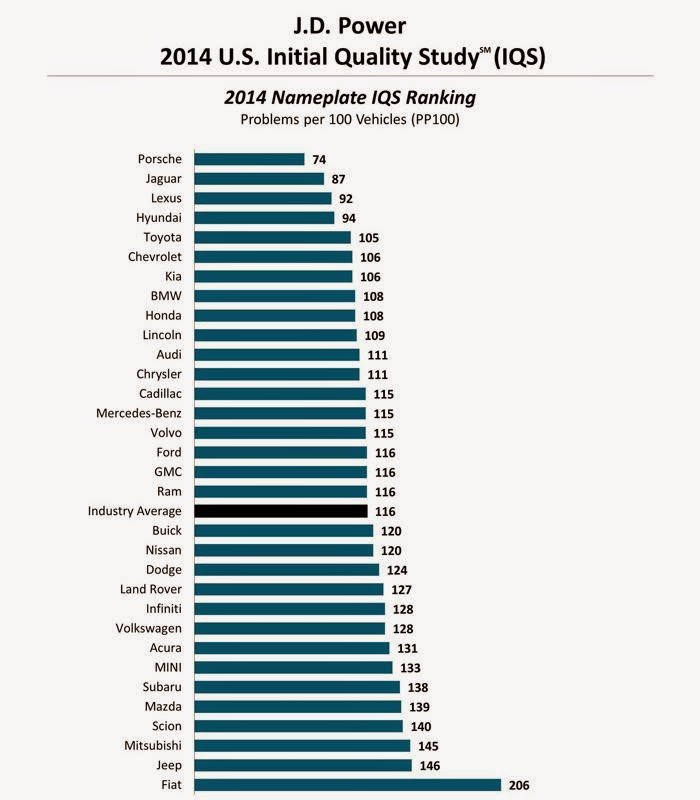Fiat 500 TwinAir arrives
The Fiat 500 continues to be a huge success, so much so that the chances of getting any discount are still virtually nil. Now, in time for the 500’s third birthday, Fiat has announced a revolutionary new range of two-cylinder petrol engines for its diminutive city car.
Called TwinAir, they use the MultiAir electro-hydraulic valve management system - which debuted in the Punto Evo earlier this year - to significantly reduce emissions and fuel consumption.
Power outputs will eventually range from 64 to 103 bhp (47 to 77 kW / 65 to 105 PS), but appearing first in the 500 will be a 900 cc turbocharged version. This generates 83 bhp (62 kW / 85 PS) and has carbon dioxide emissions of only 95 g/km, or 92 g/km if the Dualogic robotised transmission is specified. Similarly, fuel economy is impressive, with manual cars achieving 68.8 mpg (4.1 l/100km) on the urban cycle.
Those figures effectively make the 1.3 MultiJet diesel - previously the ‘greenest’ 500 - obsolete. Also, for UK customers at least, getting below 100 g/km is important. That’s because it means no road tax and no London Congestion Charge (assuming the proposed changes currently being considered are approved).
The TwinAir-powered 500 is no slouch either. Producing more power than the existing 1.2 petrol engine, top speed is 107 mph (173 km/h), and it’ll accelerate from 0-62 mph (100 km/h) in a respectable 11 seconds.
As well as a ‘Stop&Start’ system and gear shift indicator, the TwinAir versions will also feature two driving modes as standard. Normal mode is as the name implies, and full torque (145 Nm) is available to the driver. In Eco mode though, the emphasis is on reducing fuel consumption. Consequently, maximum torque drops to 100 Nm, while steering assistance is increased to give a lighter feel around town.
One of the inherent characteristics of a twin-cylinder engine is its smaller physical size. Interestingly, as a result of this, Fiat is already talking about pairing the TwinAir with an electric motor to create a hybrid. A methane-powered version is also coming.
A less desirable feature of only having two cylinders is the potential for increased vibration and harshness. However, Fiat reckons that the TwinAir shouldn’t be any worse than a normal four-cylinder engine, thanks to reduced friction between internal components and the fitment of a balancing countershaft.
The TwinAir engine will be available in the Fiat 500 from September.
Called TwinAir, they use the MultiAir electro-hydraulic valve management system - which debuted in the Punto Evo earlier this year - to significantly reduce emissions and fuel consumption.
Power outputs will eventually range from 64 to 103 bhp (47 to 77 kW / 65 to 105 PS), but appearing first in the 500 will be a 900 cc turbocharged version. This generates 83 bhp (62 kW / 85 PS) and has carbon dioxide emissions of only 95 g/km, or 92 g/km if the Dualogic robotised transmission is specified. Similarly, fuel economy is impressive, with manual cars achieving 68.8 mpg (4.1 l/100km) on the urban cycle.
Those figures effectively make the 1.3 MultiJet diesel - previously the ‘greenest’ 500 - obsolete. Also, for UK customers at least, getting below 100 g/km is important. That’s because it means no road tax and no London Congestion Charge (assuming the proposed changes currently being considered are approved).
The TwinAir-powered 500 is no slouch either. Producing more power than the existing 1.2 petrol engine, top speed is 107 mph (173 km/h), and it’ll accelerate from 0-62 mph (100 km/h) in a respectable 11 seconds.
As well as a ‘Stop&Start’ system and gear shift indicator, the TwinAir versions will also feature two driving modes as standard. Normal mode is as the name implies, and full torque (145 Nm) is available to the driver. In Eco mode though, the emphasis is on reducing fuel consumption. Consequently, maximum torque drops to 100 Nm, while steering assistance is increased to give a lighter feel around town.
One of the inherent characteristics of a twin-cylinder engine is its smaller physical size. Interestingly, as a result of this, Fiat is already talking about pairing the TwinAir with an electric motor to create a hybrid. A methane-powered version is also coming.
A less desirable feature of only having two cylinders is the potential for increased vibration and harshness. However, Fiat reckons that the TwinAir shouldn’t be any worse than a normal four-cylinder engine, thanks to reduced friction between internal components and the fitment of a balancing countershaft.
The TwinAir engine will be available in the Fiat 500 from September.




+Front+Side.jpg)




Interesting solution from Fiat - wonder if it'll be used in the Punto and Mito???
ReplyDelete